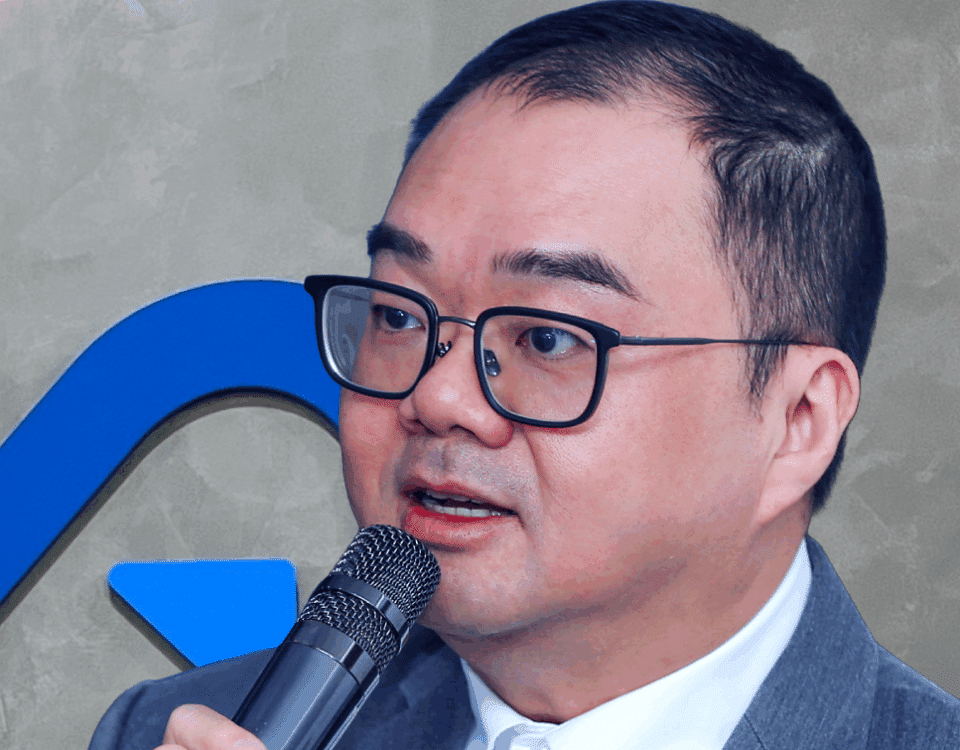Elon Musk offers to buy Twitter for $43 billion
April 15, 2022Spanish scale-ups club together to shift the tech policy agenda
May 4, 2022By Verne Harnish
Gene Kirila was the youngest person named to Fortune’s “Heroes of U.S. Manufacturing” list and revolutionized every niche in the industries in which he got involved. Now the serial entrepreneur is helping other manufacturing companies do the same as a coach, operating in Pittsburgh, Pa. and Stuart, Fla.
He’s sharing his knowledge at a time of renewed interest in bringing manufacturing back to this country. As we’ve learned in recent years, if you’re not making the chips and finding the lithium here, you’re beholden to whatever geopolitical trends are taking place on the planet.
Kirila got his start working in his family’s farm and construction business near the steel mills in the Shenango Valley in Pennsylvania In 1984, while still in college, he founded Pyramid Fitness Industries, in Sharpsville, Pa. In the 10 years he ran the company, he built it to $44 million in annual revenue before selling the assets to the fitness powerhouse Cybex, now known as Life Fitness. Pyramid Fitness established itself as a leader in mass customization and made-to-order systems.
Kirila went on to invest in Efficient Machine Tool Sales in Bridgeville, Pa., in 1993, teaming up with veteran sales pro Mike Brunette. Efficient Machine Tool Sales sold and leased capital equipment, like the lathes and grinders factories use, on a performance-based, pay-per-part formula. The company, which served clients including General Motors, saw a 6,537% growth rate that propelled it to the number 13 spot on Inc. Magazine’s list of fastest growing companies during the six years he was involved.
His next business was VEC Technology Composites, which later became VEC Technologies. It was known for a system Time Magazine described as a “factory in a box.” The company created a digitally controlled chemical molding system that could be operated remotely or on-site and offered tremendous cost savings. At that time in 1994, using the internet for this was quite novel and revolutionary. The process, which revolutionized the manufacturing of fiberglass injection molding, was used to produce boat hulls so strong you can hit them with a sledgehammer and they won’t break. The hulls were uniform enough to have a lifetime guarantee. Along the way, Kirila sped up the the time it took to build hulls from days to minutes. His process was also used to make semi trucks, bathtubs and showers, wind turbine parts and other products. Because it was eco friendly, it received many awards from the U.S. Environmental Protection Agency.
He sold that company to Genmar Holdings, one of the largest manufacturers of recreational boats in the U.S. Made up of 12 different companies, Genmar makes more than 300 different models of boats at nine manufacturing hubs in the U.S. and Canada. Genmar was run by Irwin Jacobs, better known as a corporate raider and one of the first to use high-finance techniques that made him a major player in companies like Walt Disney, Harley Davidson, FMC and others. He was also the owner of the Minnesota Vikings.
Along the way, Kirila—an early graduate of MIT’s Birthing of Giants program—embraced methods I now teach, like monthly management meetings for the middle and upper tiers of leaders. These powered continuous improvement. Kirila has also empowered quality systems that have been a catalyst for growth.
Now he has turned his attention to guiding other manufacturing entrepreneurs through his business accelerator and coaching practice. His goal is to create alignment between entrepreneurs and their companies and use that alignment to accelerate growth. One key focus has been helping them develop as entrepreneurs. “We try to focus on the whole individual, not just the business part,” says Kirila. “That makes them very successful in their businesses.”



